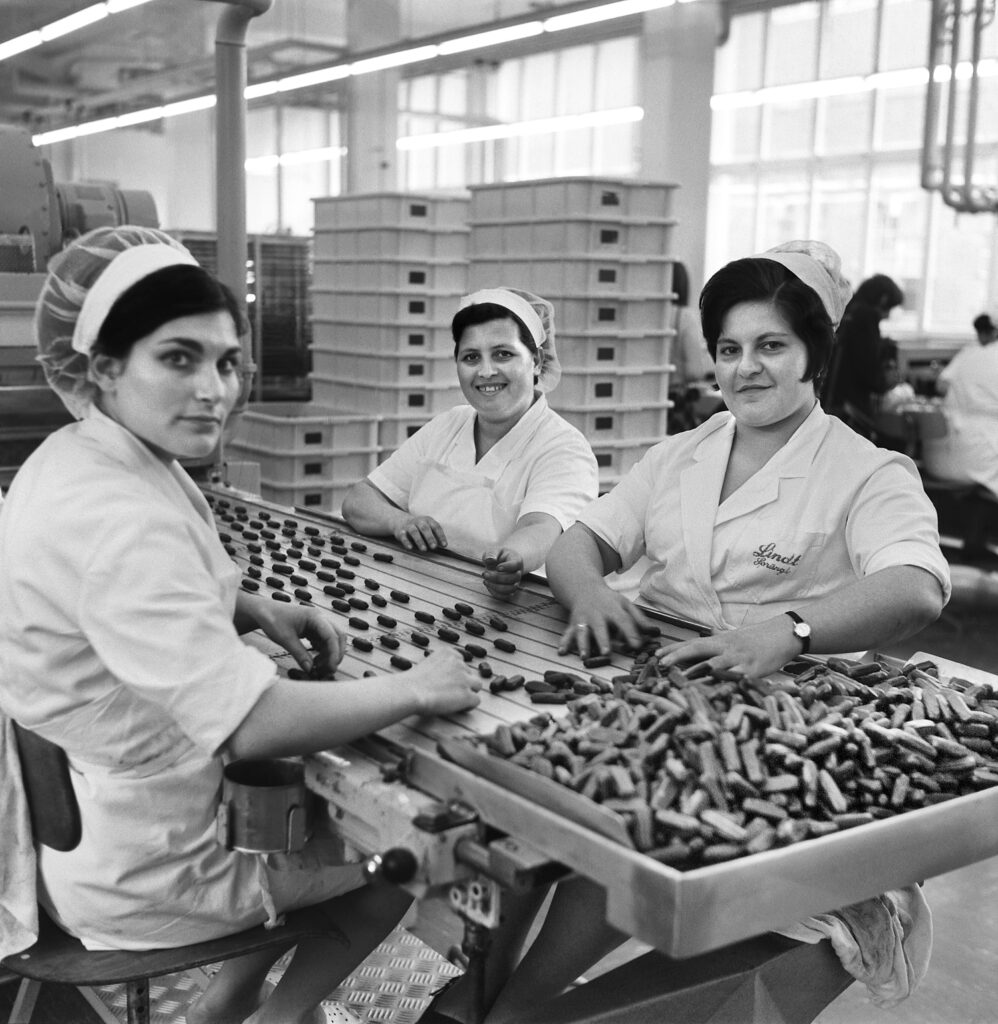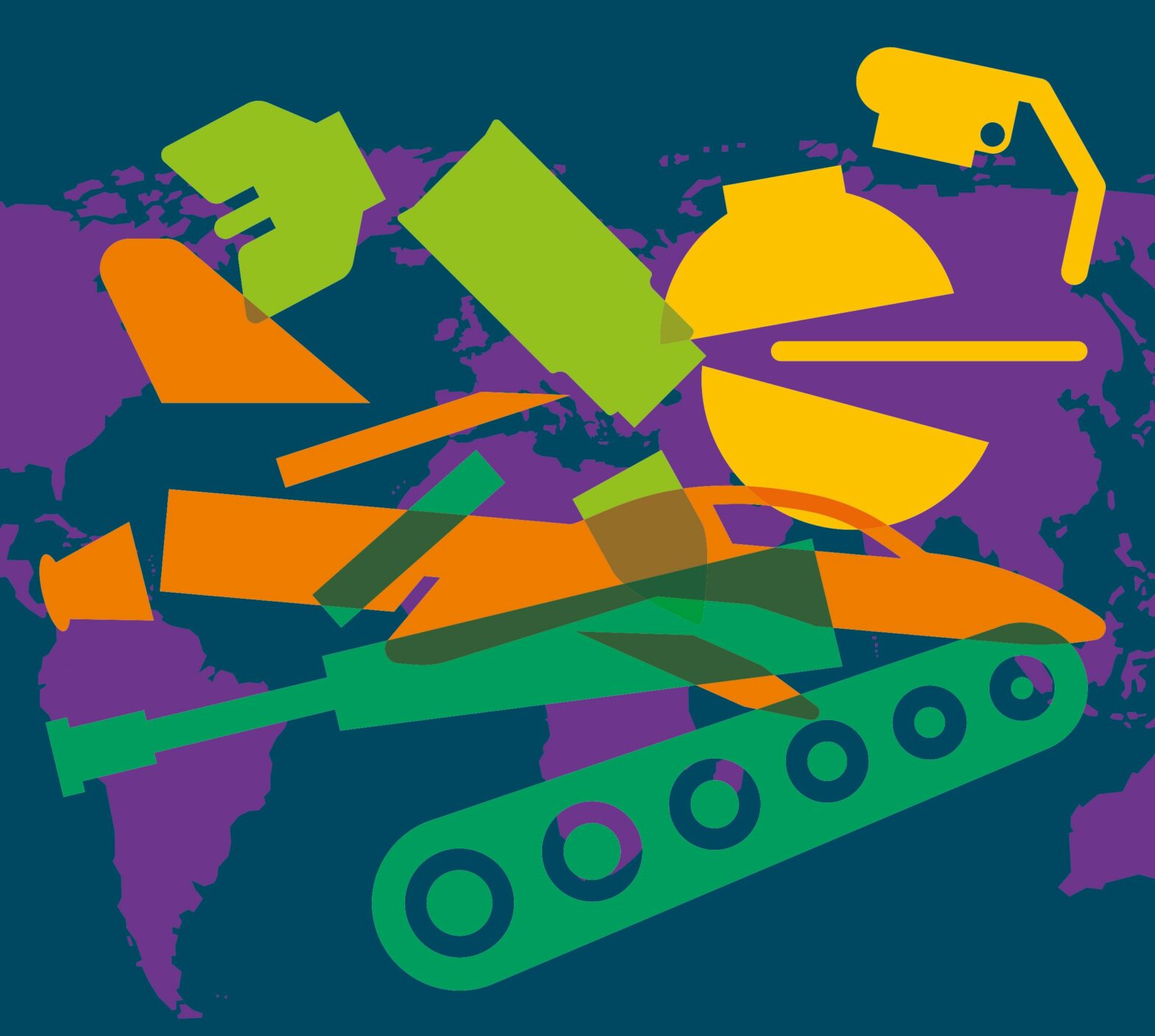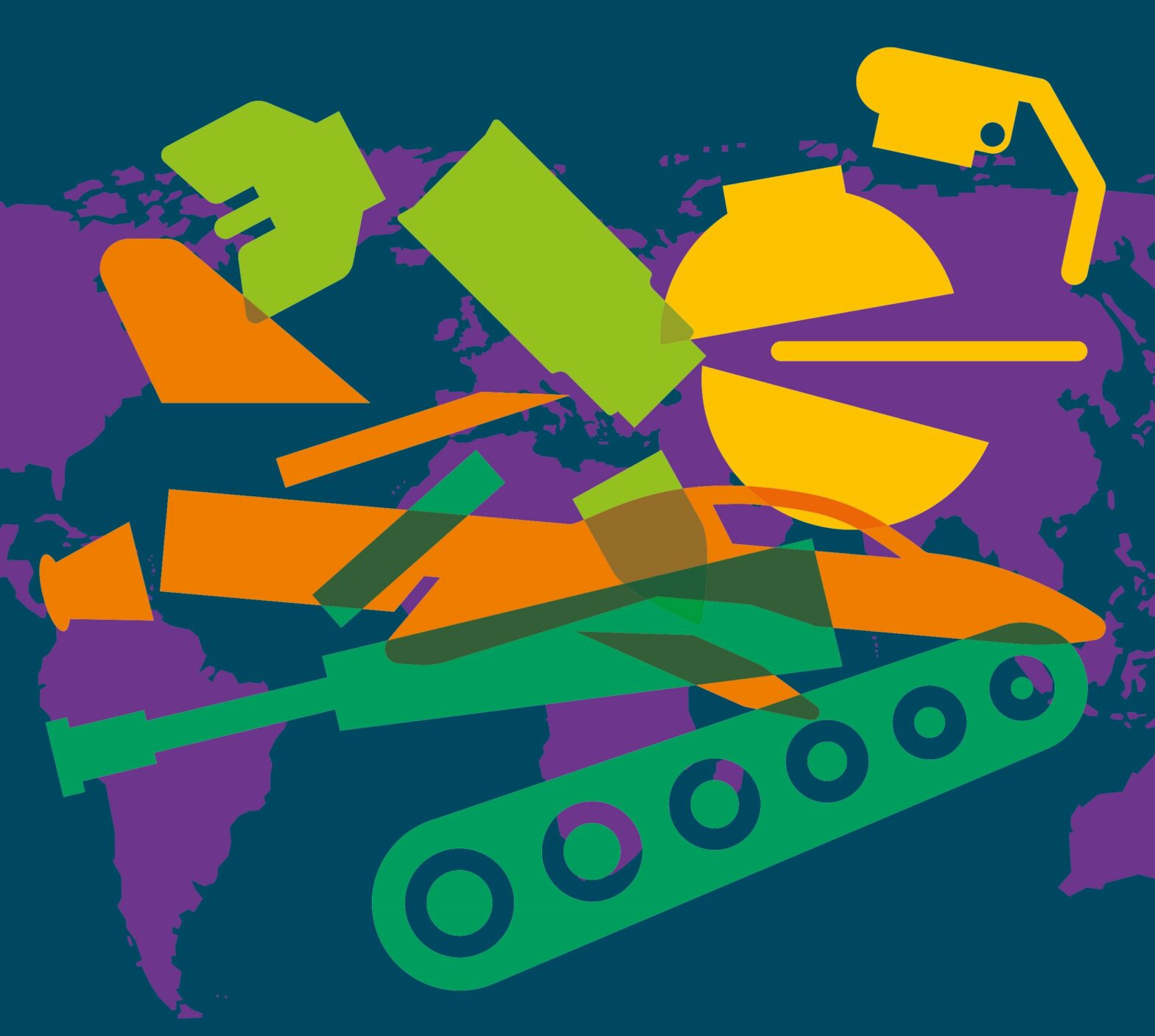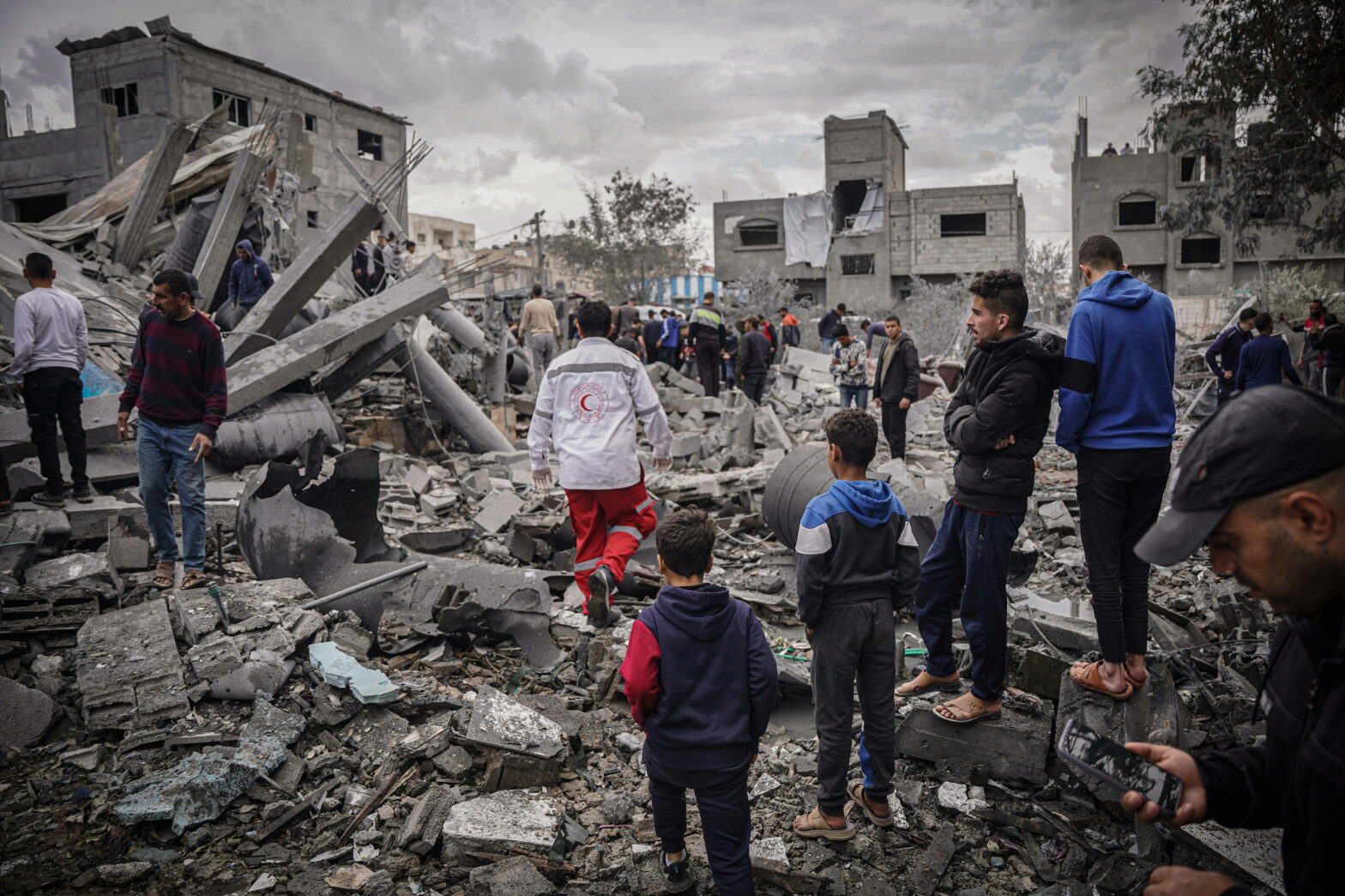Share Twitter Facebook Email Copy URL
Portrait of a generation of immigrant women in Switzerland
Their names are Rosa, Montserrat, Grazia, Maria or Carmela.
In the sixties, most of them still very young, they left everything behind, their families, and their friends, to join their husbands, who left a few months or a few years earlier for Switzerland, hoping for a better life, most often as a seasonal worker.
Switzerland was still in the midst of an economic boom at the time, which is why it largely recruited this foreign workforce.
When they arrived in Switzerland, often without knowing a word of the language of their host country, they discovered how hard life of an immigrant worker was.

Their husbands, who were sometimes housed in shanty camps or run-down and overpriced rooms and had never touched a cooking pot or washed stockings before arriving in Switzerland, received the ongoing support of their wives to maintain a semblance of dignity.
Among these women was my mother, Grazia, who arrived in Switzerland in 1962, following my father, barely a month after their marriage in the Naples region, a region she had never left apart from a recent and brief honeymoon to Sicily.
Acclimatisation is difficult. The language is a barrier, the weather hostile, the distance from family and the feeling of isolation painful.
Like other women of her generation and condition, Grazia, in addition to doing most of the domestic work, takes on a series of odd jobs.
Seamstress in the textile industry, cleaning lady in companies or private homes, assembly line worker in a match factory, day mother, etc.
Then come the children. And with them comes the problem of reconciling work and family life. The children were placed in crèches, a facility which was then very scarce throughout Switzerland and almost exclusively attended by children of immigrants or from working-class backgrounds.
Thus, in the mid-1960s, the number of children of immigrants in the crèches increases by 60% in some regions, although Swiss people have priority in the allocation of places. Over the following years, the growth of these facilities made childcare outside the home increasingly common, even for the middle classes.
But before this was the case, to compensate for the lack of public facilities to take care of the children of Swiss women who were obliged or wished to take up paid work, many of these immigrant women became “day mothers” themselves.
It can be seen that even today, those who work in so-called “CARE” (domestic, educational and care work) still help to keep many women in the world of paid work.
In a way, despite a very low salary range and often in spite of themselves, all these women maintain the precious “financial autonomy” of women from wealthier classes.
Because they often worked in the shadow of the great female figures who fought for the social and political rights of women in Switzerland, and supported them, I wanted to pay tribute to them here.
Jacqueline Ricciardi Werlen was born in Switzerland in 1967 to two Italian immigrants. She is the mother of two children, an actress, performer and author. For the past ten years, she has been very involved in the defence of women's and artists' rights.



